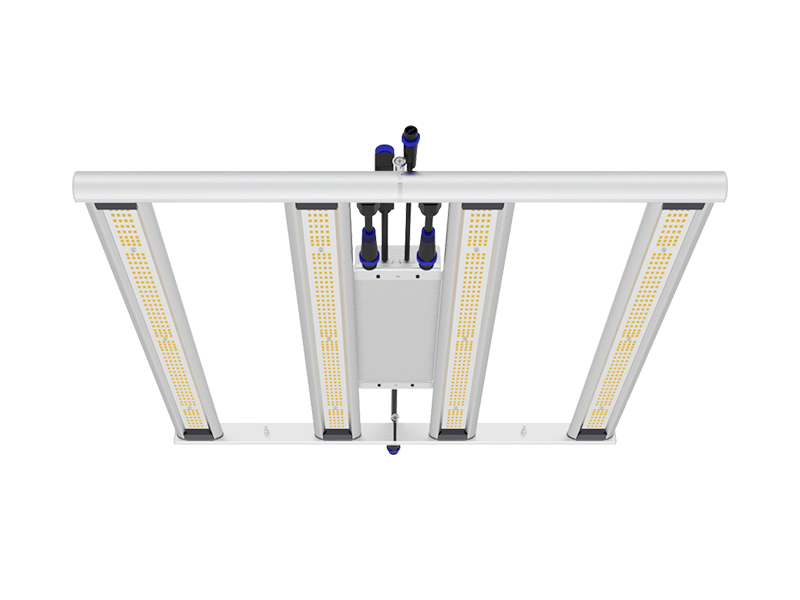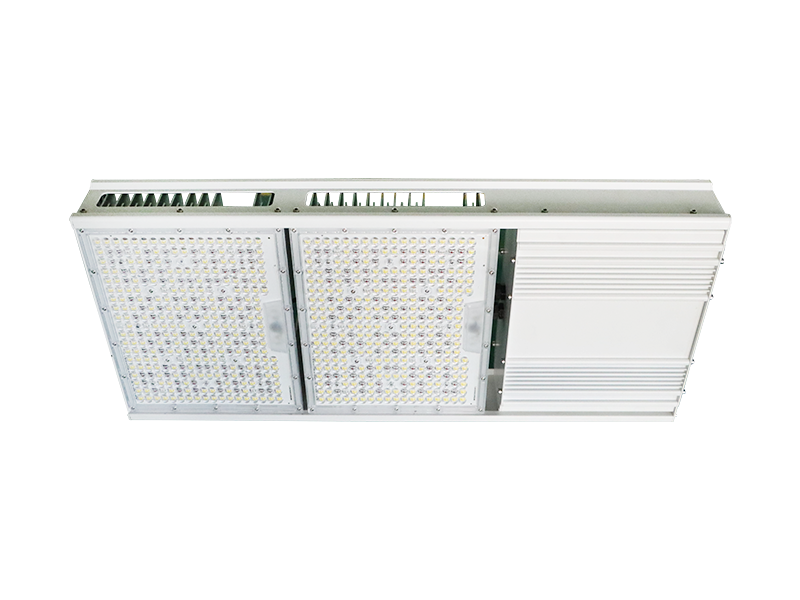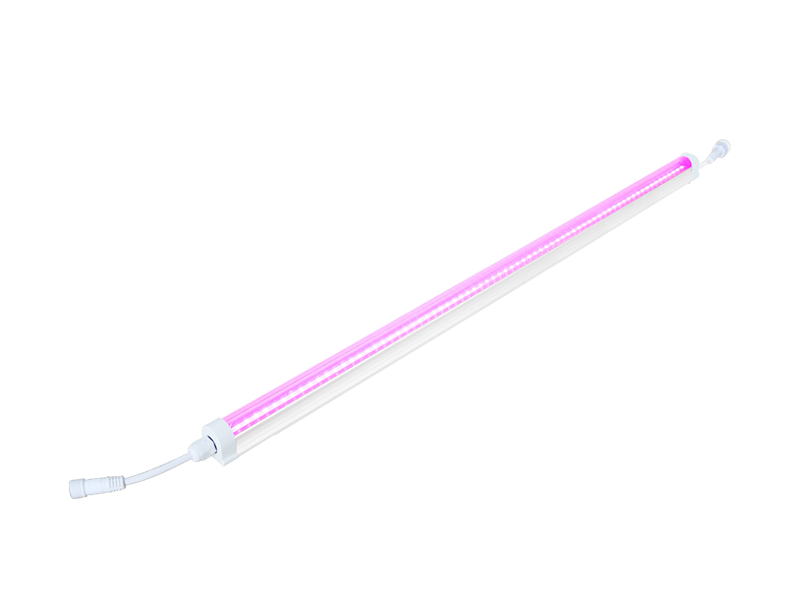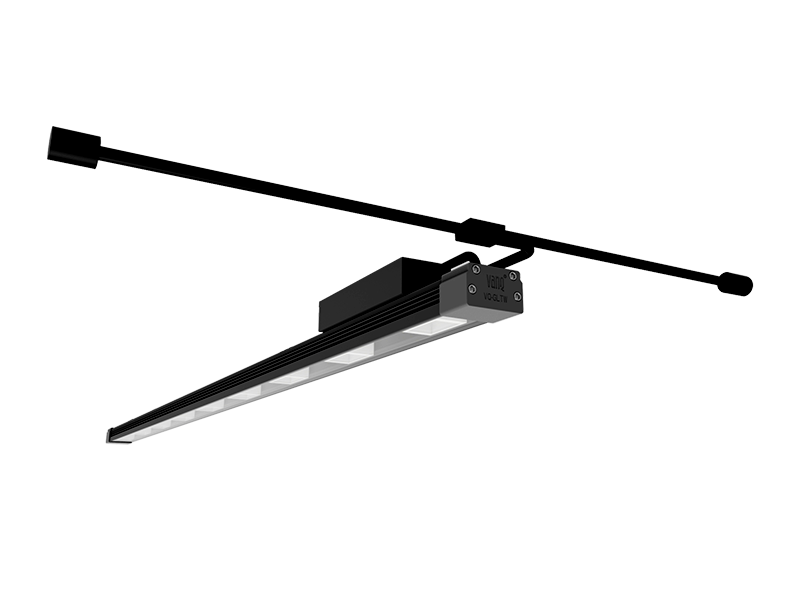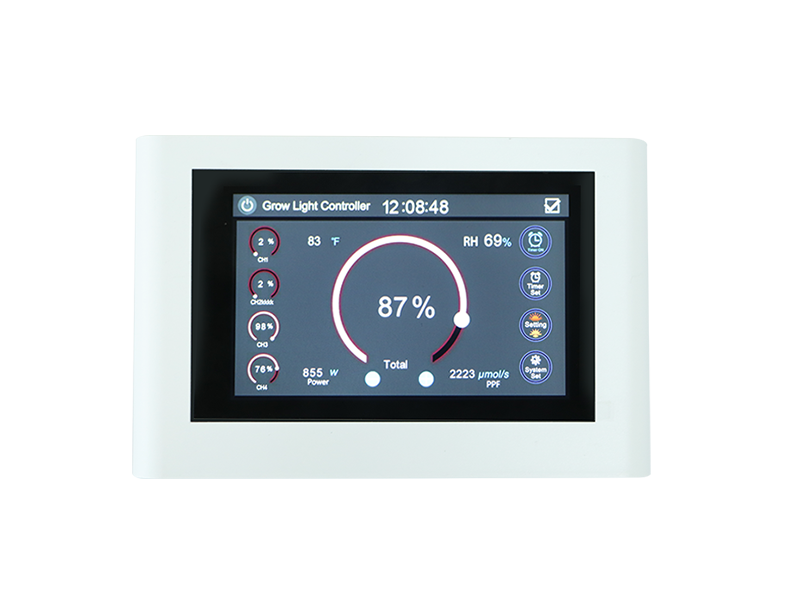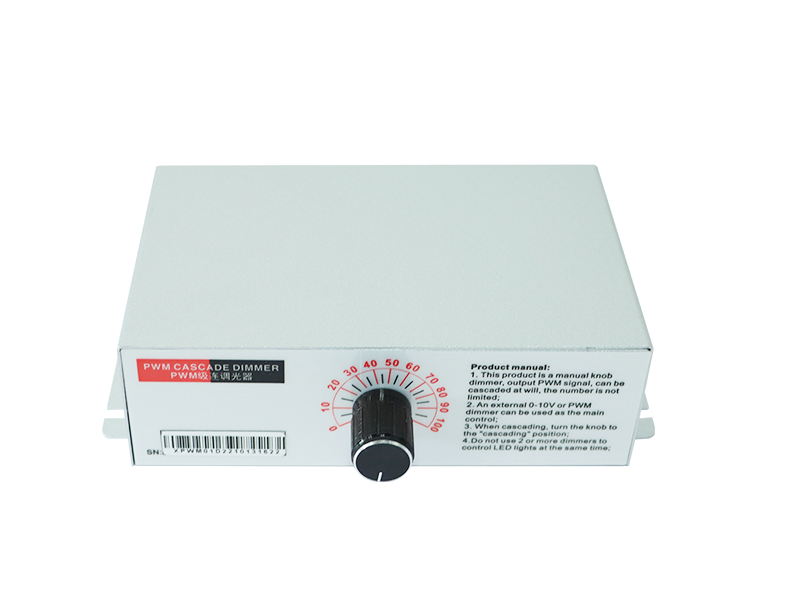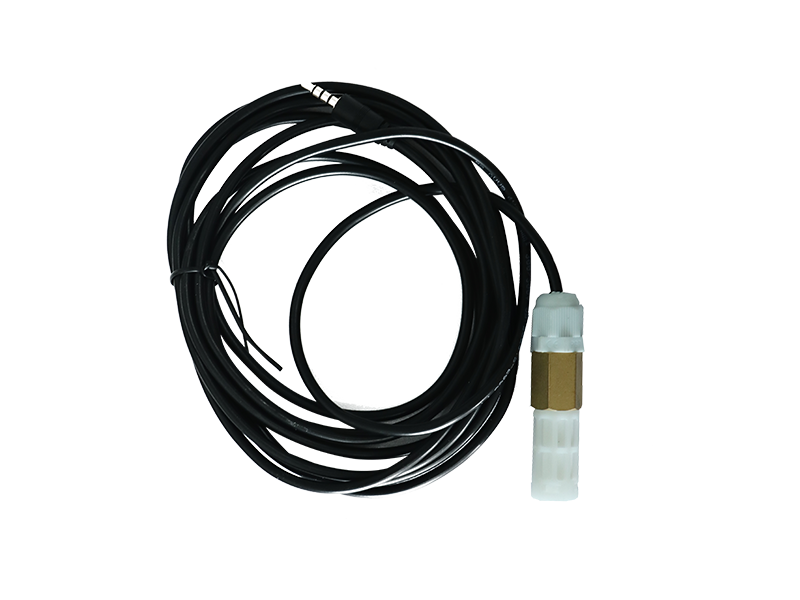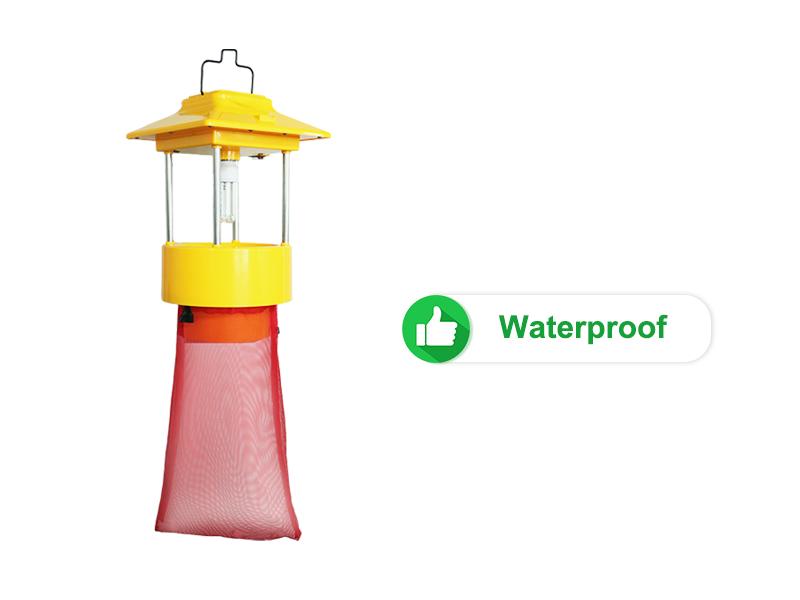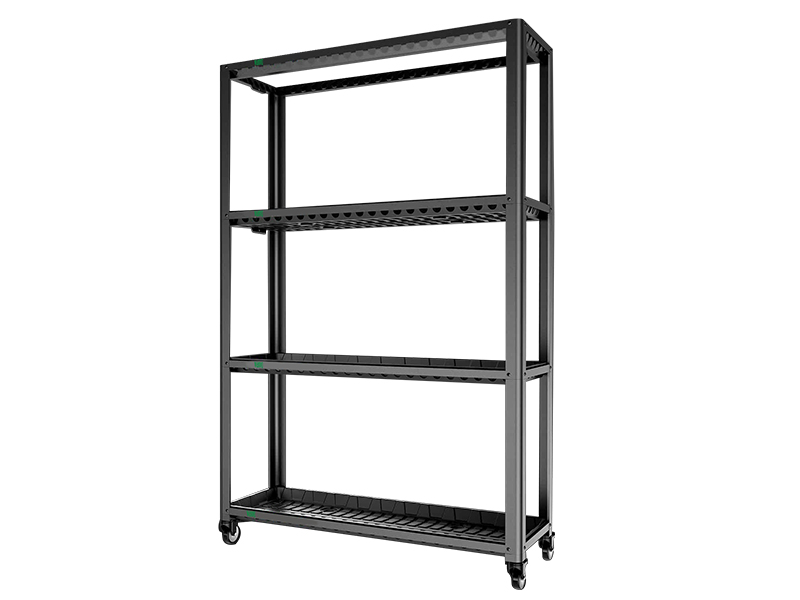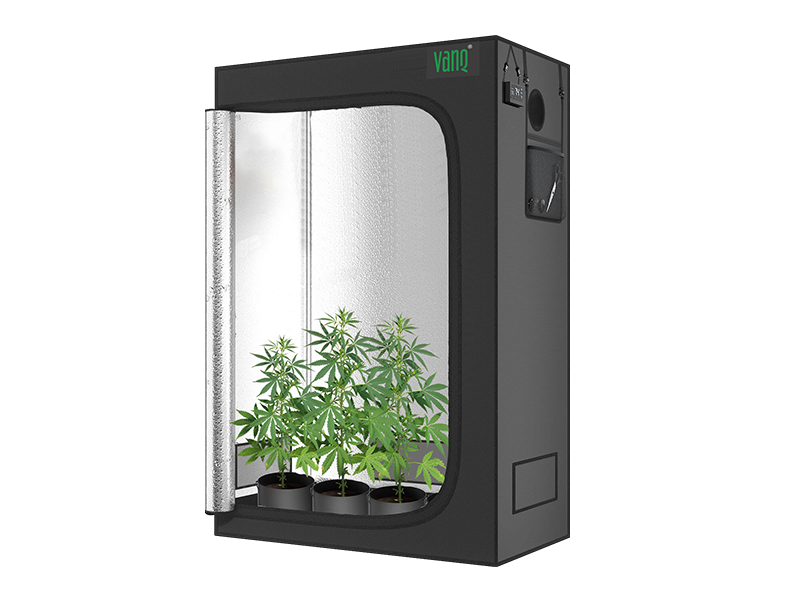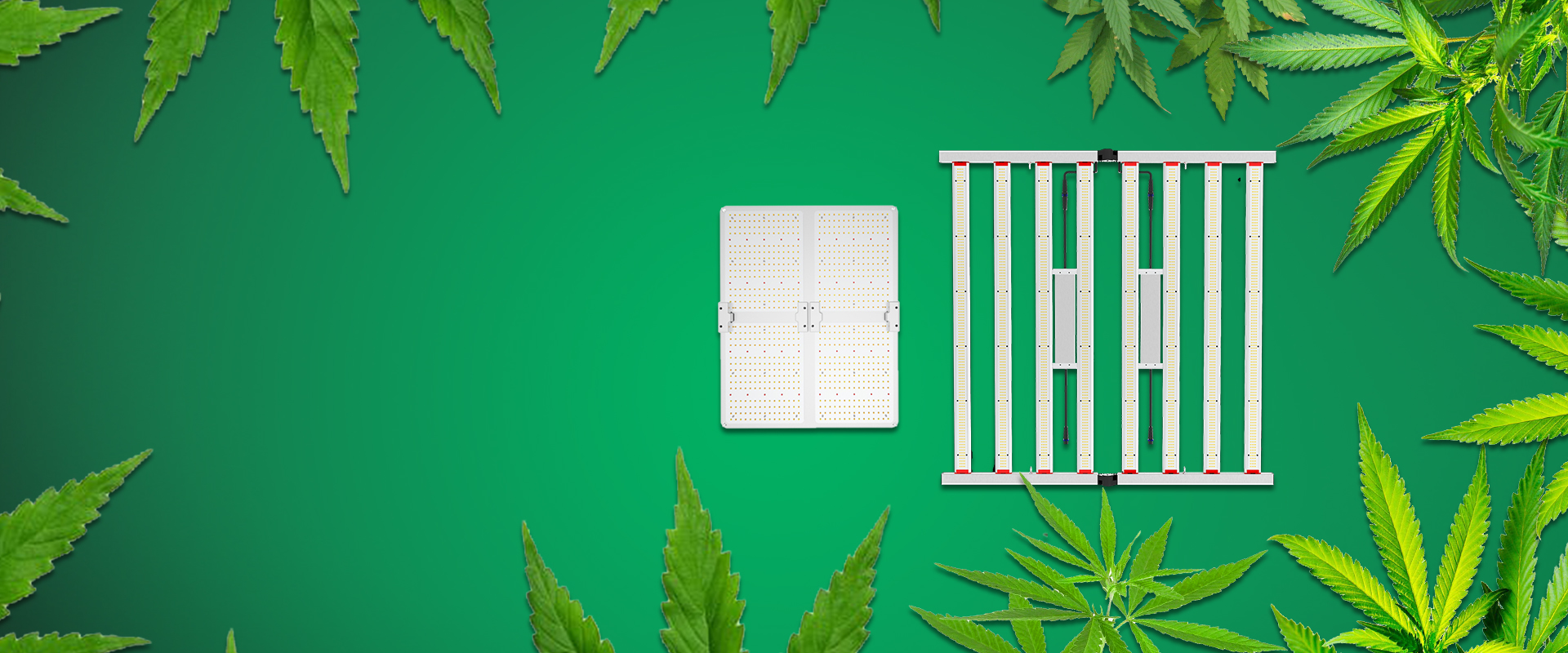When it comes to cannabis, you might think of Dutch coffee shops or California's liberal atmosphere, but did you know that South Africa has its own set of rules for cannabis cultivation?
Indeed, since 2018, adults in South Africa have been able to legally grow cannabis in their homes. This is not just a legal revolution but also a major lifestyle change for many South Africans.
Today, let's talk in detail about how many cannabis plants individual and commercial growers can actually grow in South Africa, as well as some legal details and practical challenges you might not know about.
After the Constitutional Court's ruling in 2018, South Africa's cannabis legal environment underwent significant changes. According to this ruling, adults are no longer criminally penalized for using and growing cannabis in their private residences. This change means individuals can grow and consume cannabis at home without legal consequences, but this right does not extend to public places or commercial sales.
While private use and cultivation have been legalized, commercial cultivation, processing, and sale of cannabis still require government permission and must be conducted under a strict regulatory framework.
Next, let's look at the regulations from personal to commercial cultivation:
Personal Cultivation

Does growing cannabis at home sound exciting? Well, it's legal in South Africa. Since the relaxation of the law in 2018, adults can grow cannabis in their private spaces at home without government interference. However, this doesn't mean you can do as you please; there are still rules.
Firstly, there is a limit to the number of plants. Each adult can grow up to four cannabis plants. Why four? This number strikes a balance between satisfying personal use needs without being for commercial profit, and avoiding management problems or risks of abuse.
Regarding the location, you might want to plant a few on your balcony or garden, which sounds liberating, but the law states that these cannabis plants cannot be easily visible to the public. Essentially, you need to find a less conspicuous spot. This is mainly to avoid public misconceptions and unnecessary trouble. You certainly don't want your neighbors spotting your cannabis plants and sparking a lot of unwarranted speculation and discussion.
Regarding usage, although you can freely enjoy it at home, you cannot sell it or distribute it to others. The logic here is simple: growing cannabis is your private affair; once it involves transactions, it becomes a public matter, and that's a different story.
Growing cannabis on your own sounds interesting, but if you're unsure how to start, click here to read this article: <Comprehensive Guide to Cannabis Growing Equipment: A Must-Read Before You Buy!>
Commercial Cultivation

First, you need to submit a detailed application, which is more than just filling out forms. You need to prove that your cultivation site, facilities, and security measures all meet government standards. For example, your cultivation site needs to be away from schools and parks to ensure it does not potentially impact minors. Additionally, your facilities must be equipped with high-quality security systems, including surveillance cameras and alarm systems, to prevent unauthorized access or theft.
Once you obtain the license, don't think you can rest easy. Government regulation of commercial cultivation is comprehensive, covering every aspect from planting to harvest, and from product processing to sales. You must ensure each batch of your product can be traced back to its origin to meet national quality standards.
Furthermore, the government will conduct periodic inspections to ensure your cultivation activities comply with all legal requirements. If any violations are discovered, the consequences can be severe, ranging from fines to license revocation, and in serious cases, criminal liability.
Having read this, do you now have a deeper understanding of the regulations for growing cannabis in South Africa? Whether you are an individual cultivator or have broader interest in the cannabis industry, the legal route is always the wisest choice. It not only protects you from legal penalties but also ensures your cultivation activities do not inconvenience those around you.
VANQ has 20 years of professional experience in the field of LED grow lights and has successfully served more than 3,000 customers. Click the dialog box below to contact us now. We will provide you with personalized planting solutions based on your planting needs. The first 30 people will receive a 10% discount coupon.



